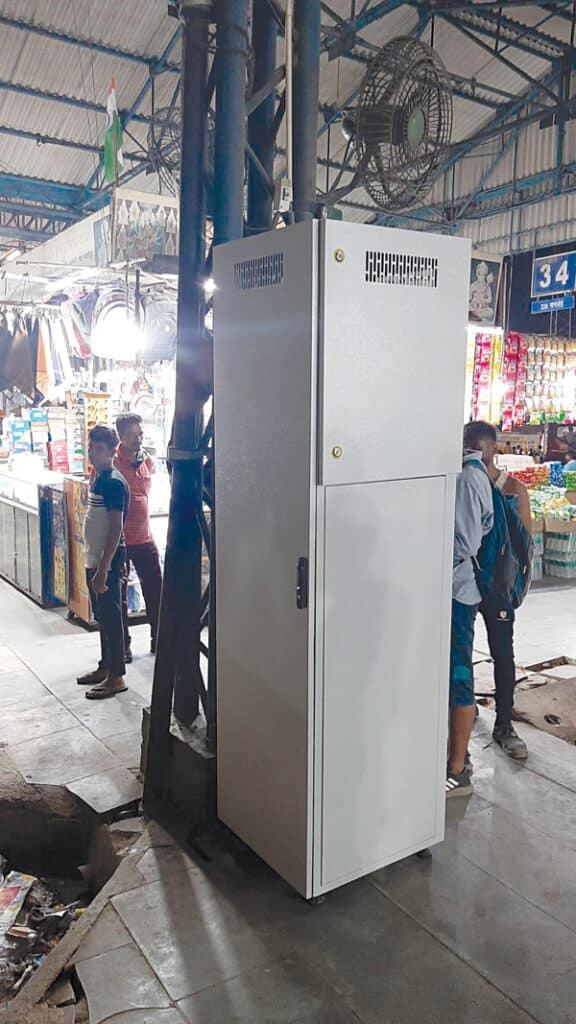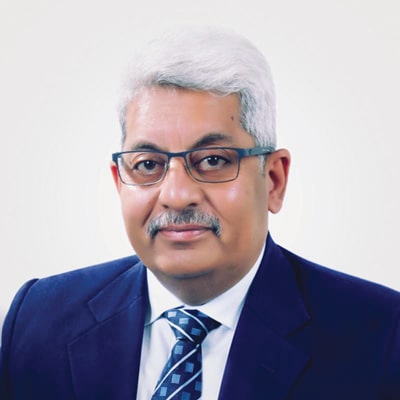Gurgaon-based startup Umeandus Technologies has developed a filterless ambient air purification system to address the air pollution challenges caused by particulate matter in the Delhi NCR region
While air pollution persists year-round, the demand for air purification systems surges in winter, particularly in northern India. Among the myriad technologies employing various methods to purify air, Gurgaon-based startup Umeandus Technologies has innovated an air purification technology that tackles outdoor air pollution without relying on filters to control particulate matter.

With a functional installation at Anand Vihar in Delhi, the startup has successfully collected three kilograms of particulate matter in two months, consuming 1800 units of electricity at a cost of ₹15/unit.
In 2020, the startup established a Centre of Excellence in collaboration with Sastra University at Thanjavur, Tamil Nadu. The following year, they designed a system capable of controlling outdoor air pollution caused by particulate matter, capable of working 24×7 unattended for extended durations.
The startup’s solution to the persistent air pollution problem involves a wind tunnel design that utilises electrical forces to separate and collect particulate matter without the need for frequent maintenance.

Explaining the device’s architecture, Managing Director Rajeev Chanan says that the wind tunnel comprises three components—an air pressure generator, a wind tunnel, and the collector. “The air pressure generator draws polluted air from the atmosphere. We use an induction motor to create the pressure to suck the air. The wind tunnel is where the particulate matter is segregated from the air and collected in the collector,” he explains.
“The wind tunnel design creates a path where particulate matter, being heavier, follows a separate trajectory. This separation allows the release of cleaner air with lower particulate matter concentrations,” he elaborates.
The device traps and stores the collected particulate matter to prevent it from becoming airborne again. The APS (ambient air purification system) can be housed in a cabinet of 61x61x213 centimetres (2x2x7 feet), or accommodated on a special pole with only a 30.5cm (one foot) diameter footprint at the installation site. The storage size can be tailored based on site conditions, eliminating the need for frequent maintenance—perhaps once every one, two, or three years—reducing operational expenditure. Unlike filters that need cleaning or replacement, the APS collects particulate matter that can be safely disposed of or repurposed, preventing the transfer of collected particulate matter into the air or water.
The air purification system is priced at ₹500,000, with the cabinet and pole versions priced at ₹600,000. The system covers an area of 1000 square metres for the cabinet and 600 square metres for the pole version.
The startup has filed three patents for the technology and a fourth patent in collaboration with Sastra University. It has partnered with SRK Teleenergy based in Faridabad for system integration and manufacturing. The startup has developed a supplier ecosystem with three vendors manufacturing different components.
The startup is exploring three channels of revenue generation. “The government can procure this system. We can also license this technology to other OEMs as we are a technology company. We are also considering offering the system as a service,” Chanan says.
“Our next strategy is to assist businesses impacted by outdoor pollution. We are in advanced discussions with private entities in Delhi-NCR with outdoor public places, such as restaurants, open shopping plazas, parking lots, and even airports,” adds Chanan.
In the future, the startup aims to expand to other states experiencing high air pollution levels. It has signed an MoU with the UP government to establish another Centre of Excellence at Kanpur in Uttar Pradesh.









